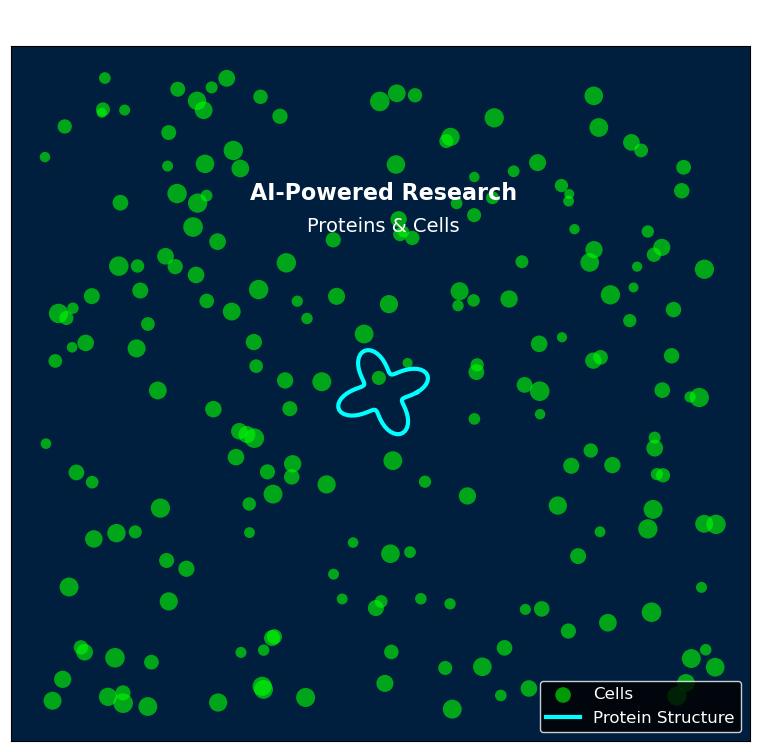
OpenAI has been working on a specialized AI model called GPT-4b micro, which is part of a groundbreaking collaboration with Retro Biosciences—a company focused on longevity research. The goal of this model is to assist scientists in reprogramming human cells to combat aging and potentially extend lifespans. Retro is exploring the Yamanaka factors, a group of proteins that can convert adult cells into stem cells. This process could revolutionize regenerative medicine by creating new cells to replace damaged ones or even generating artificial organs.
What’s remarkable is how GPT-4b micro fits into this. Unlike the broader ChatGPT models we’re familiar with, this one is highly focused, trained specifically on protein data and interactions. It was designed to suggest improvements to the Yamanaka factors, and early reports suggest its recommendations have increased the proteins' effectiveness by 50 times. If accurate, this could significantly accelerate progress in a field where success has historically been slow—fewer than 1% of cells treated in a lab make it through the full rejuvenation process.
Interestingly, Sam Altman, OpenAI’s CEO, invested $180 million in Retro Biosciences back in 2021. Despite his connection to both organizations, OpenAI and Retro have stated that there’s no financial contract between them, and Altman wasn’t involved in the decision to collaborate. This separation is critical given the ethical questions that might arise around such a high-profile intersection of AI and personal investment.
It’s still early days for this partnership, but it illustrates the immense potential of AI in accelerating scientific discovery. If GPT-4b micro delivers on its promise, it could pave the way for even more advanced models tailored to other areas of research. Of course, questions about the cost and accessibility of these treatments will eventually need to be addressed, as breakthroughs like this could deepen inequalities in healthcare.
While the full implications remain speculative, one thing is clear: this project highlights the transformative possibilities of combining AI and biology to tackle some of humanity’s biggest challenges. It might not just be about adding years to our lives but redefining what aging and health could look like in the future.